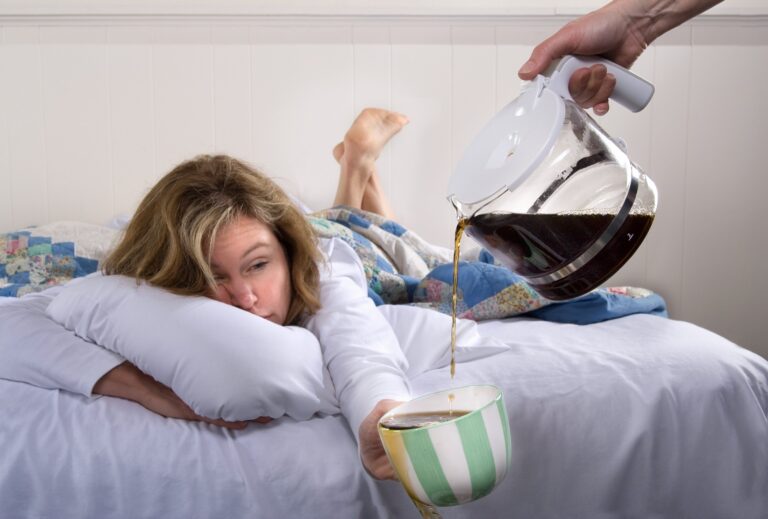Rehydrate, replenish, recover
Your #1 priority when recovering from a hangover should be to rehydrate. Non-caffeinated sports drinks like Gatorade and Vitamin Water replace the valuable electrolytes you’ve lost to alcohol, so drink up ASAP—or better yet, before you even go to sleep. In the morning, juices packed with vitamins, like orange or tomato juice, can also help give you a boost of momentum. Consume water as often as possible, while drinking, after drinking, and the moment you wake up.
The Nutrition Diva podcast has recently cleared up some common misconceptions about alcoholic beverages and reviewed some new research on the risks and benefits of regular consumption. Listen to that in the following player:
Bananas for hangovers
For an easy hangover pick-me-up, give your aching body a kick of electrolytes with a vitamin-rich banana. Loaded with potassium and magnesium, this superfruit can help replenish some of those nutrients you’ve lost while your body metabolizes the booze. The potassium also counteracts the dehydrating effects of alcohol, reducing hangover symptoms like dizziness, shakiness, headache, fatigue, and even depression. Bananas also help stabilize blood sugar levels and relieve nausea.
How to help a hangover-induced stomachache
Believe it or not, the same bitters that flavor drinks were first developed to cure the effects of a hangover. If you’ve got an upset stomach (whether due to indigestion or a hangover), try drinking a glass of club soda with a dash of Peychaud’s bitters. It should help ease your pain.
Hangover honey
If you’re feeling nauseous but need something to eat, prepare a soothing snack: Spread a little honey on your favorite crackers. Not only will it go down smooth and be easy on your tummy, the honey provides your body with the essential sodium, potassium, fructose, and antioxidants it needs after a drunken night out!
Does drinking coffee work?
Got a hangover headache? It turns out, drinking a cup or two of coffee to cure it is more than just an old wives’ tale. Booze causes your blood vessels to swell, which leads to those killer headaches. But caffeine is a vasoconstrictor, meaning it shrinks your blood vessels and can help tone down the throbbing in your head. Just know that coffee is also a diuretic, so it can be very dehydrating much like alcohol. Consume your coffee moderately and continue to drink plenty of water and natural juices.
How is alcohol metabolized? The Nutrition Diva fills us in. Read this article or listen to the podcast in the player below.
The best hangover breakfast
If the thought of eating doesn’t make you gag, prepare yourself an egg and a slice of toast—a virtual tag-team of hangover therapy. Boiled or poached, eggs encourage your body’s detox process thanks to their protein content and an amino acid called cysteine, which attacks and cleans out the toxins in your liver. Plain whole-grain toast provides tummy-calming, energy-boosting carbohydrates that also increase your blood sugar. Top it off with a chocolate milk for more protein! (And because chocolate is delicious.) If you’re reading this at the diner, you’re one step ahead of us.
Souper savior
If you’re ready to eat but not quite confident enough to down eggs and toast, consider heating up a bowl of nutritious soup. Chicken soup is a classic for a reason: It’s an all-around healer loaded with potassium, sodium, and proteins that help the body detox from alcohol. Plus, a bowl of hot soup is straight-up comforting, just like the miracle elixir Mom (or Grandma) used to make.
For next time…
To prevent a hangover next time, choose your booze wisely and you can minimize the nasty aftereffects. The rule in our family was always: The darker the swill, the worse you’ll feel. Dark beverages like whiskey, brandy, bourbon, aged rum, and red wine contain greater quantities of congeners, chemicals that enhance the taste, odor, and color of the alcohol…while also enhancing your hangover symptoms! To lessen the day-after queasiness, stick to clear and lighter-colored beverages, such as vodka, gin, or white wine. You might not prevent a hangover, but you’ll be less likely to have that hit-by-a-truck feeling the next morning.




